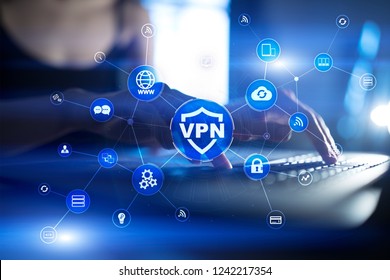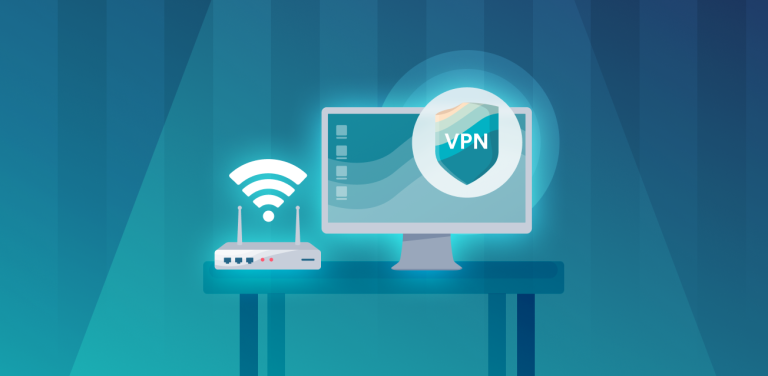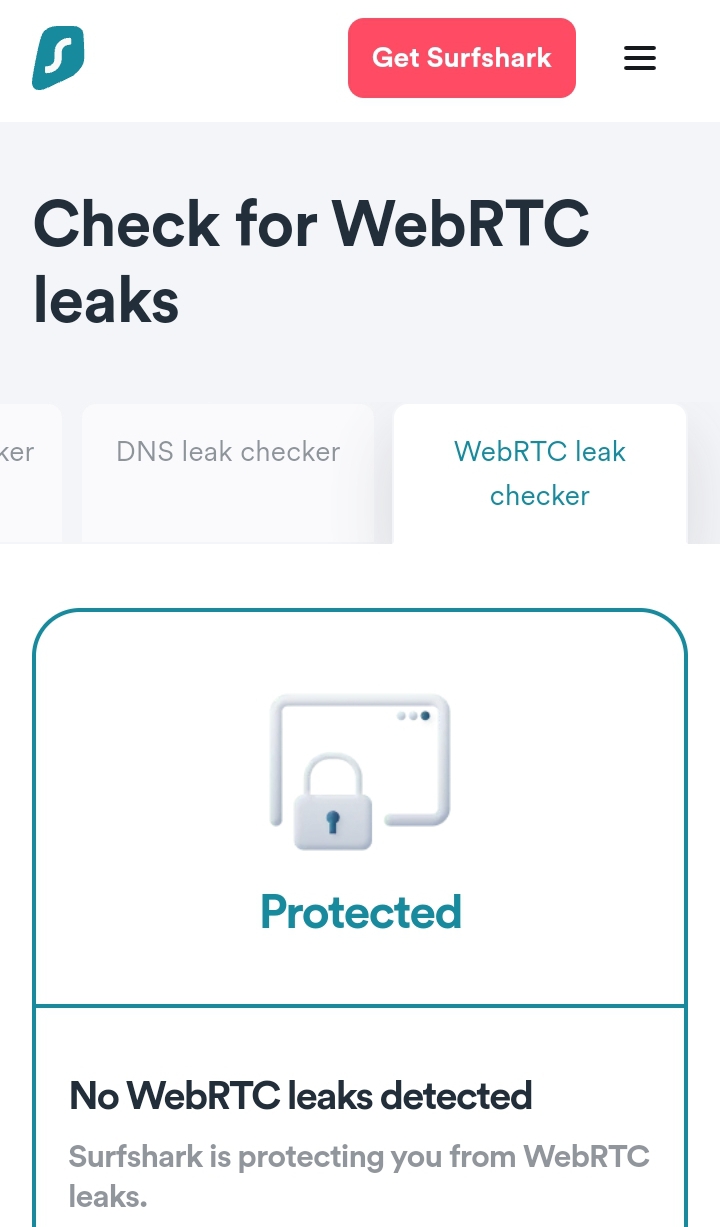Are Free VPNs Safe? All You Need to Know Before Getting One in Nigeria | 2023 |
Are Free VPNs Safe in Nigeria?
Are free VPNs safe? This is a question that many people in Nigeria ask themselves, especially as the country has strict internet censorship laws.
On the one hand, free VPNs can offer a way to bypass censorship and access blocked websites and content. On the other hand, there are many risks associated with using free VPNs, such as data collection, malware, and poor security.
In this article, we will take a closer look at the safety of free VPNs in Nigeria. We will discuss the risks involved in using free VPNs, as well as the factors to consider when choosing a safe and reliable VPN.
Understanding How VPNs Work and Their Importance for Nigerian Users
A VPN, or Virtual Private Network, is a service that allows users (in Nigeria) to create a secure, encrypted connection to the internet. When a user connects to a VPN, their internet traffic is routed through a remote server, which encrypts the data and hides the user’s IP address.
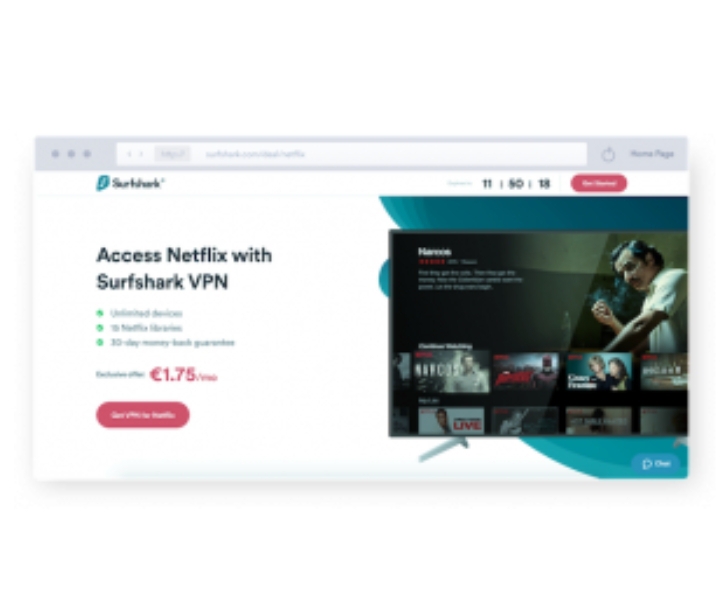
The significance of VPNs for Nigerian users can’t be overstated:
—Data Protection: VPNs encrypt user data, making it significantly more challenging for cybercriminals or government agencies to intercept and read sensitive information.
—Secure Public Wi-Fi: Public Wi-Fi networks in Nigeria, like elsewhere, are often insecure and susceptible to attacks. VPNs offer an added layer of security when using such networks.
—Bypassing Geo-Restrictions: VPNs can help users bypass geographic restrictions and access content that may be blocked or unavailable in Nigeria.
—Enhancing Anonymity: VPNs hide a user’s IP address and online activities, adding an extra layer of anonymity to protect against prying eyes.
The use of VPNs in Nigeria has surged due to the need for enhanced online security and unrestricted access to the global internet.
However, the choice between free and premium VPNs is a crucial one that requires careful consideration.
Stay tuned for more detailed insights into free VPNs and their potential drawbacks in the next section.
Common Misconceptions About Free VPN Services and Why They May Not Be as Trustworthy in Nigeria
There are prevalent misconceptions about free VPN services, with some users in Nigeria believing they are as safe and reliable as their paid counterparts.
However, this is not always the case, and here’s why:
1. Cost-Free Does Not Mean Truly Free: While free VPNs don’t require upfront payments, they often come with hidden costs and limitations. For instance, data usage caps or restricted server networks can significantly impact the usability of a free VPN in Nigeria.
2. Data Privacy Concerns: Free VPNs have been known to log user data and, in some cases, sell it to third parties. This practice can jeopardize user privacy and compromise sensitive information.
3. Security Features: Free VPNs may not offer the same level of encryption and security features as paid services, making them more vulnerable to attacks. Nigerian users should prioritize security when choosing a VPN.
4. Intrusive Advertising: To generate revenue, some free VPNs may require you to watch ads or complete surveys. These interruptions can be frustrating and negatively impact the user experience.
In Nigeria, as in many other regions, the use of free VPNs has its share of risks and limitations.
Hidden Costs and Limitations of Using a Free VPN in Nigeria
As mentioned earlier, free VPNs often come with hidden costs and limitations that Nigerian users should be aware of. Here are some common drawbacks:
- Data Usage Caps: Many free VPNs in Nigeria impose data usage caps, meaning users can only use a limited amount of data per month. This can be restrictive for activities like streaming or downloading large files.
- Restricted Server Locations: Free VPNs may limit users to specific server locations, reducing their ability to access content from various regions. Users may find it challenging to connect to servers in locations that matter to them.
- Bandwidth Throttling: Some free VPNs may throttle or limit bandwidth, resulting in slower internet speeds. This can hinder smooth browsing and streaming experiences for Nigerian users.
- Intrusive Ads and Surveys: To offset costs, certain free VPNs may require users to endure intrusive ads or complete surveys before gaining access to the service. These interruptions can be frustrating and time-consuming.
- Limited Device Connections: Free VPNs often restrict the number of devices that can be connected simultaneously. This limitation can be inconvenient for users in Nigeria with multiple devices or those who wish to share their VPN connection with others.
These hidden costs and limitations associated with free VPNs in Nigeria can impact the overall user experience.
How Free VPNs Make Money and Their Impact on Online Privacy in Nigeria
No cost VPNs available in Nigeria may offer their services without direct charges, but they still need to generate revenue to cover their operational costs.
Here’s how they often do it and what it means for user privacy:
1. Data Monetization: Many free VPNs collect user data and sell it to third-party advertisers. This can result in targeted ads that appear during your online activities, compromising your privacy. In Nigeria, this practice is a significant concern for users.
2. Ads and Affiliate Links: To generate income, some free VPNs may inject ads into user traffic or redirect users to affiliate links. These tactics can disrupt the online experience and potentially expose users to unwanted content.
3. Limited Free Service, Premium Upgrades: Another revenue model involves offering a limited version of the VPN for free and enticing users to pay for additional features or an upgrade to the full version. While this approach can be legitimate, users should be cautious about the security and privacy features offered in the free version.
These monetization practices can raise concerns about how user data is handled and whether it’s adequately protected.
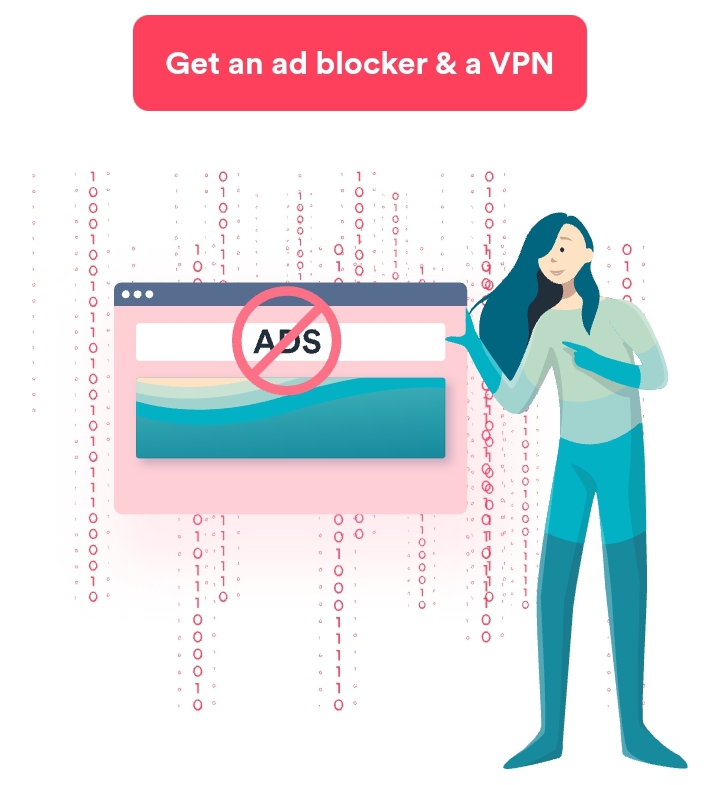
Risks of Using Free VPNs in Nigeria
Using a free VPN in Nigeria comes with a range of risks that can impact your online privacy and security.
Here are some of the key risks:
- Data Leaks: Free VPNs may not provide the same level of encryption and security as premium services. This leaves users vulnerable to data leaks, where sensitive information could be exposed to unauthorized parties.
- Malware Infections: Some free VPNs have been associated with malware or adware. Using these VPNs can lead to malware infections on your devices, potentially compromising their security and performance.
- Identity Theft: Free VPNs in Nigeria may collect user data and sell it to third parties. This puts users at risk of having their personal information stolen, leading to identity theft or other forms of cybercrime.
- Phishing and Cybercrime: Free VPNs can be used as tools for phishing attacks or other cybercrimes. Users might unwittingly become targets or participants in illicit online activities.
Given these risks, it’s essential for users in Nigeria to exercise caution when selecting and using free VPN services.
The Importance of Using a VPN with a Strict No-Logging Policy in Nigeria
When choosing a VPN provider in Nigeria, one of the critical considerations is the provider’s logging policy. A no-logging policy is of utmost importance for several reasons:
- User Privacy: A VPN with a strict no-logging policy ensures that your online activities and personal information are not recorded or monitored. This protects your privacy and keeps your data confidential.
- Data Security: Without logs, there is no user data for the VPN provider to share or sell to third parties. This reduces the risk of your data being misused or compromised.
- Reduced Risk of Identity Theft: A VPN with a no-logging policy minimizes the chances of your personal information falling into the wrong hands, reducing the risk of identity theft and cybercrimes.
- Legal Protection: A VPN provider with a strict no-logging policy may be less susceptible to legal requests for user data, providing an additional layer of protection for users.
- Trustworthiness: VPN providers that openly commit to a no-logging policy tend to be more trustworthy and transparent with their users in Nigeria.
Considerations for Choosing a Reputable VPN Provider in Nigeria
Selecting a VPN provider in Nigeria requires careful consideration to ensure you receive the best possible privacy and security. Here are some key factors to keep in mind:
- Encryption and Security: Look for a VPN provider that offers robust encryption protocols, such as AES 256-bit encryption. This ensures that your data remains secure and protected from interception.
- Server Network: Consider a VPN provider with a wide range of server locations, including servers in Nigeria and other regions you need access to. A diverse server network enhances your browsing experience and provides more options for bypassing geo-restrictions.
- Connection Speed: Choose a VPN with fast and stable connection speeds. This is particularly important for users who want to stream content, engage in online gaming, or conduct business activities.
- Customer Support: Opt for a VPN provider that offers reliable customer support. Nigerian users should look for services with 24/7 support via email, live chat, or phone to address any concerns promptly.
- No-Logging Policy: Ensure the VPN provider has a clear and strict no-logging policy. Verify that the policy is transparent and well-documented to protect your data and privacy.
- User Reviews: Read user reviews and testimonials from other Nigerian users to gauge their experiences with the VPN provider. Positive feedback and recommendations can give you confidence in your choice.
- Pricing and Features: Consider the pricing plans and features offered by the VPN provider. While free VPNs may be tempting, investing in a reputable paid VPN service often results in better security, privacy, and overall performance.
Free VPN vs. Premium VPN: Making the Right Choice in Nigeria
When it comes to VPN services, you have two primary options: free VPNs and premium (paid) VPNs. While both types offer some level of online privacy and security, there are significant differences between them:
1. Security and Encryption:
Free VPNs may offer basic or no encryption, leaving your data vulnerable.
Premium VPNs, such as SurfShark VPN, typically provide robust encryption protocols like AES-256, offering a higher level of security.
2. Bandwidth and Data Limits:
Free VPNs often come with data usage caps and bandwidth limitations.
Premium VPNs typically offer unlimited bandwidth and data usage, essential for tasks like streaming and downloading large files.
3. Server Locations and Speed:
Free VPNs may have limited server locations and slower speeds.
Premium VPNs usually have a broader server network and faster speeds, ensuring reliable access to global content.
4. Customer Support:
Free VPNs often lack comprehensive customer support, making troubleshooting difficult.
Premium VPNs typically offer 24/7 customer support through email, chat, or phone, ensuring timely assistance.
5. No-Logs Policy:
Premium VPNs typically have a clear and transparent no-logs policy, audited by third-party security firms for added trustworthiness.
Some free VPNs claim to have a no-logs policy, but it’s often challenging to verify.
6. Price:
Free VPNs are free, but they come with limitations and potential privacy risks.
Premium VPNs have a range of pricing options, providing better security and privacy features for a reasonable fee.
In Nigeria, as in other regions, premium VPNs often provide a more comprehensive and reliable solution for online privacy and security. They offer stronger encryption, unlimited bandwidth, faster speeds, better customer support, and transparent no-logs policies.
Conclusion

In conclusion, while free VPNs may seem attractive, they often come with limitations and security risks that can compromise your online experience.
For Nigerian users serious about online privacy and security, investing in a reputable premium VPN like SurfShark VPN is the recommended choice.
